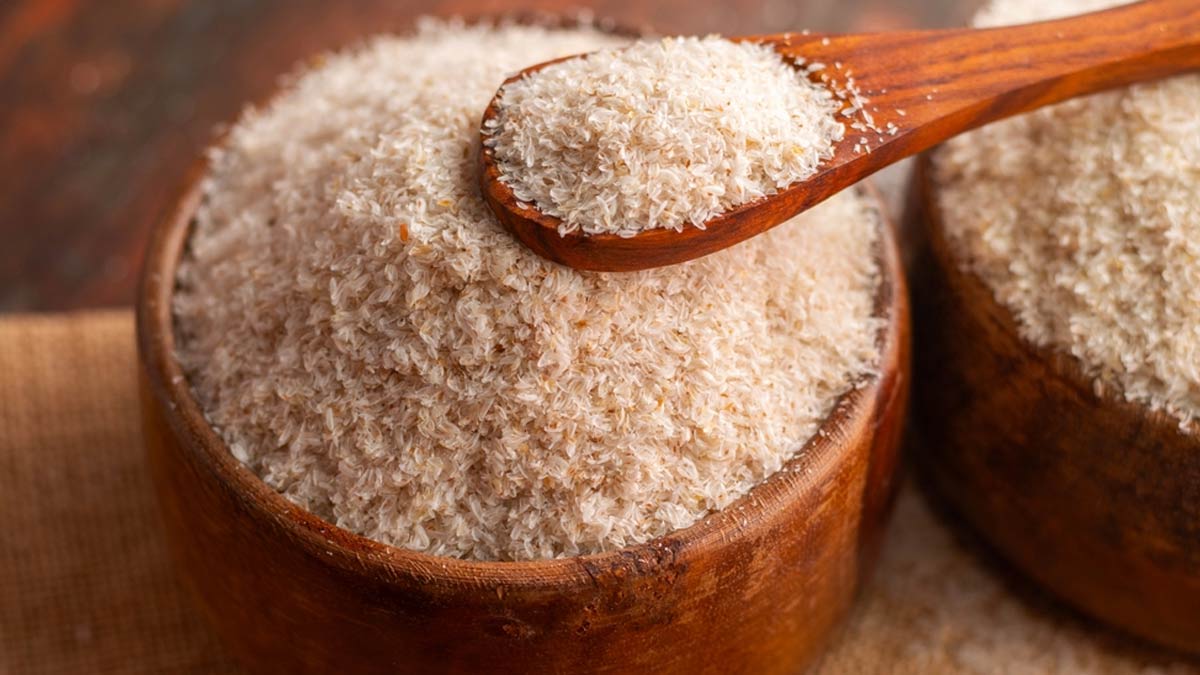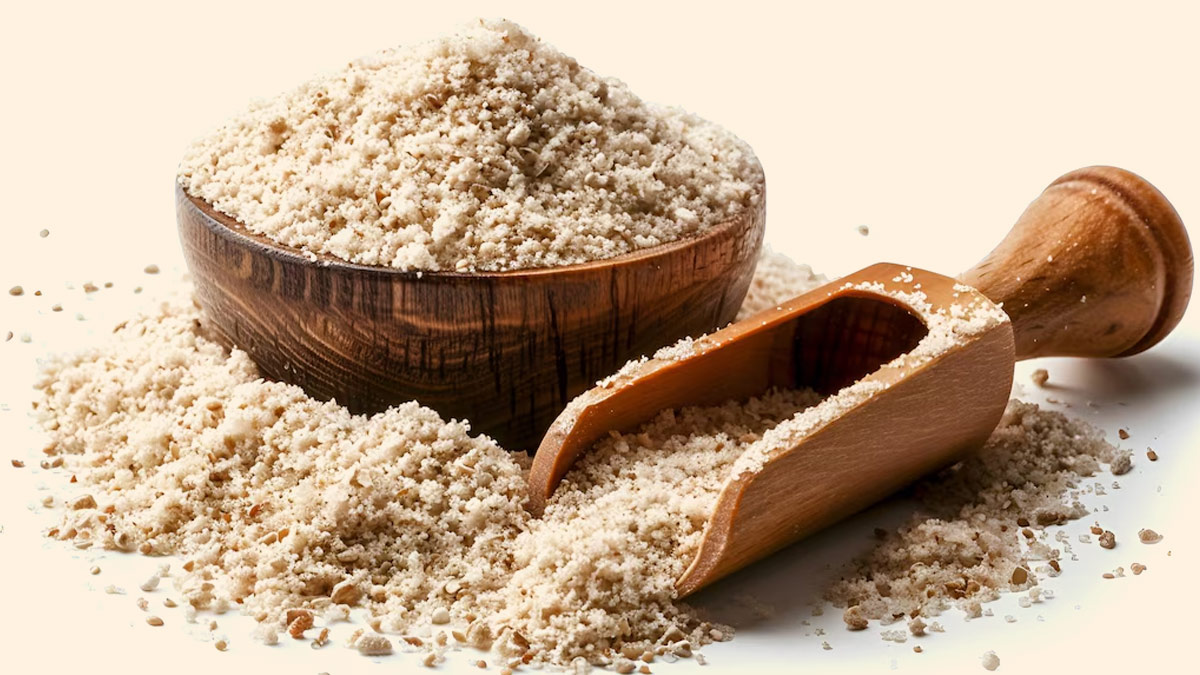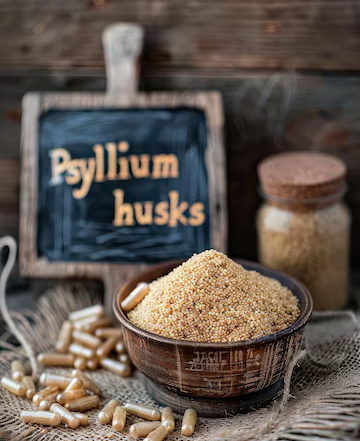
Are you feeling bloated or uncomfortable, struggling to find relief from constipation? Many people of all ages face this common digestive issue, which can leave you feeling sluggish and frustrated. While some turn to medications for help, there’s a natural remedy that’s been gaining attention: psyllium husk. This fibre-rich remedy not only supports regular bowel movements but also promotes better digestive health overall. In this article, we explain how this simple addition to your diet can make a big difference in keeping your digestive system on track.
Table of Content:-
What is Psyllium Husk?

According to the International Journal of Molecular Sciences, Psyllium husk comes from the seeds of the Plantago ovata plant and is made up of highly branched, gel-forming arabinoxylan, a polymer-rich in arabinose and xylose that is not easily digested by humans.
One of the key features of psyllium is its ability to hold water in the small intestine, which helps to increase water flow into the ascending colon. This boost in fluidity within the colon may explain why psyllium husk is effective in alleviating constipation.
Psyllium husk is often found in supplement form, including powders, capsules, and granules, making it easy to incorporate into your daily routine.
Also Read: Is Constipation A Warning Sign? Expert Explains Its Link To Ovarian And Vaginal Cancers
Benefits of Using Psyllium Husk
Supports Digestive Health

Regular consumption of psyllium husk can promote a healthy gut by supporting beneficial gut bacteria. The fibre it provides acts as a prebiotic, feeding the good bacteria in the gut and enhancing overall digestive function.
Gentle and Natural Relief
Psyllium husk offers a gentle way to ease bowel movements, without the cramping or urgency that some laxatives cause. It works slowly and is safe for long-term use.
Aids Weight Management

Psyllium husk can also assist with weight management. By increasing feelings of fullness and reducing appetite, it can help control calorie intake. This makes it a useful addition for those looking to manage their weight while also addressing constipation.
Helps Maintain Healthy Cholesterol Levels
Another benefit of psyllium is that it helps in lowering Low-Density Lipoprotein (LDL) cholesterol levels. According to a 2021 study, consuming psyllium husk for three weeks or more can lower LDL cholesterol in people with high levels. It also improved HDL cholesterol, stabilised liver cholesterol, and reduced total cholesterol and triglycerides in rats.
Managing cholesterol levels can involve the use of fibre supplements like psyllium, which helps absorb bile acids and cholesterol, aiding in its elimination through bowel movements.
Versatile and Easy to Use
Psyllium husk can be easily incorporated into various foods and beverages. Whether mixed into smoothies, sprinkled on cereals, or added to baked goods, it’s a convenient way to boost fibre intake.
Also Read: Constipation Bloating Can Be Distressing: How To Relieve It?
How to Use Psyllium Husk?

When using psyllium husk for constipation relief, it's essential to follow the recommended dosage on the packaging or consult with a healthcare professional. Normally, 1-2 teaspoons of psyllium husk mixed with at least 8 ounces of water is effective. Here’s a simple way to incorporate psyllium husk into your diet:
- Mix with Water: Stir 1-2 teaspoons of psyllium husk into a glass of water, juice, or a smoothie. Drink immediately, as it thickens quickly.
- Add to Foods: Sprinkle psyllium husk onto your morning oatmeal, yoghurt, or salad for an extra fibre boost.
- Baking: Incorporate psyllium husk into baked goods like muffins or bread to enhance their fibre content.
According to the Journal of the Academy of Nutrition and Dietetics, since constipation is the main cause of both haemorrhoids and anal fissures, we recommend this fibre intake method to our patients for extended periods. We provide detailed counselling on the long-term benefits of fibre intake, which helps improve patient adherence to the treatment.
[Disclaimer: This article contains information for informational purposes only, hence, we advise you to consult your own professional if you are dealing with any health issues to avoid complications.]
Also watch this video
How we keep this article up to date:
We work with experts and keep a close eye on the latest in health and wellness. Whenever there is a new research or helpful information, we update our articles with accurate and useful advice.
Current Version
